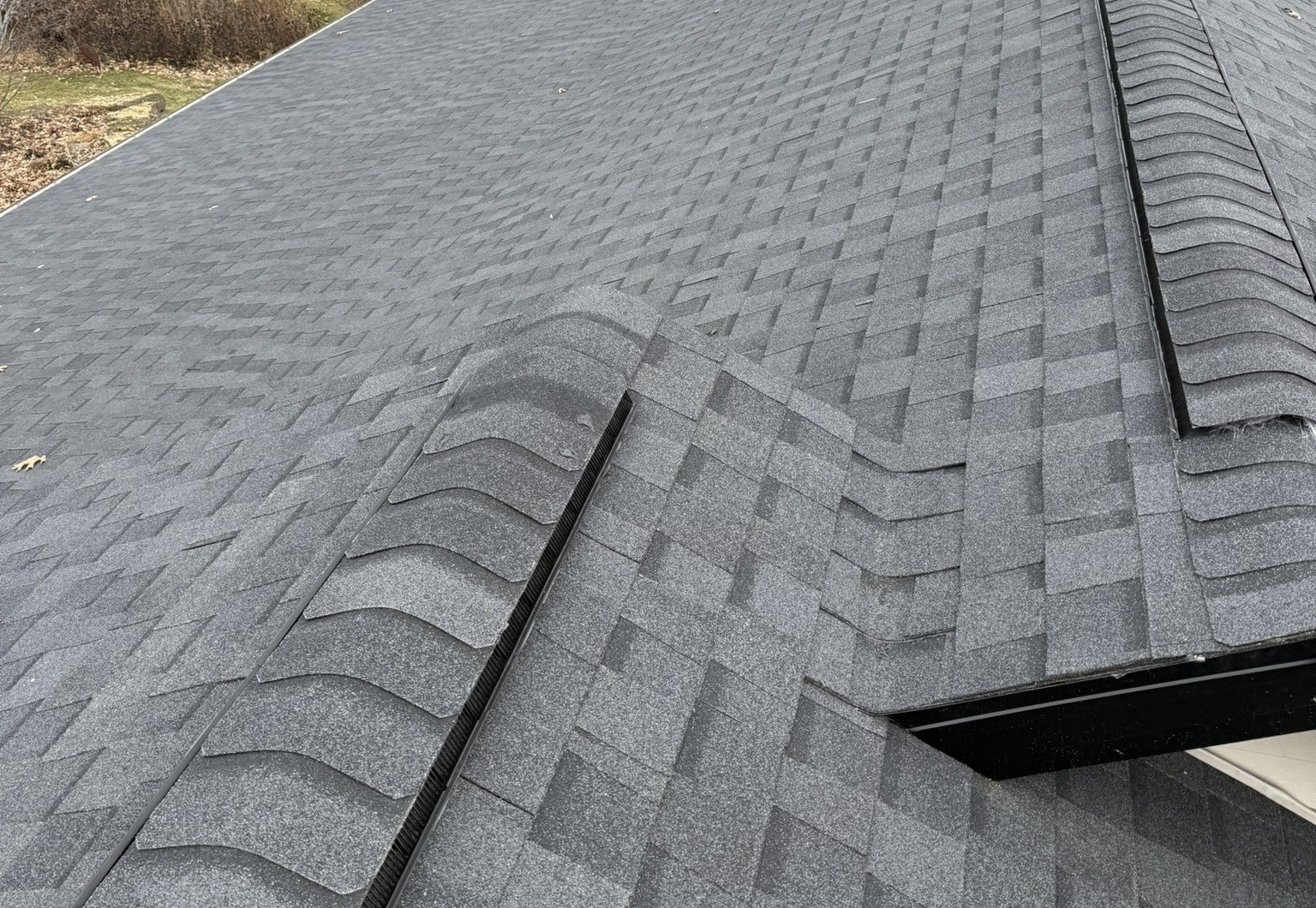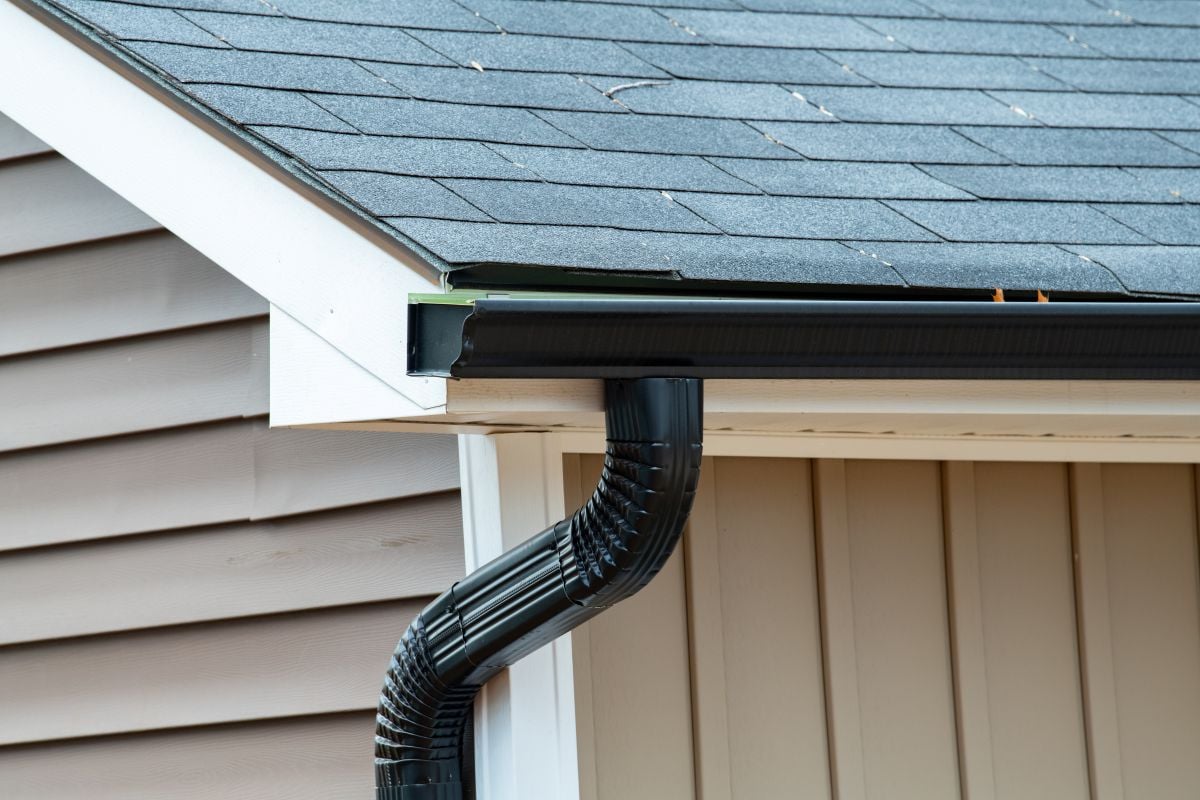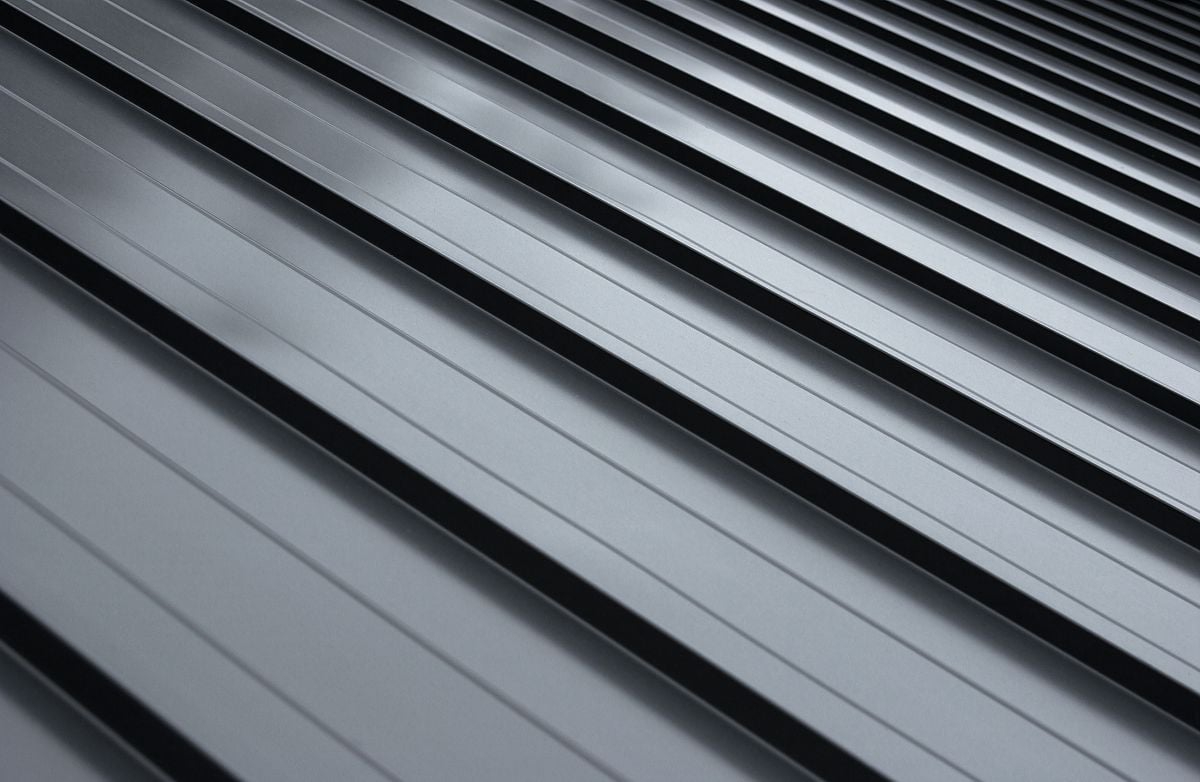Different Types of Roofing Materials: Pros, Cons & Costs
8 Min Read
POSTED 22.10.2024

Whether you are installing a new roof on a new house or replacing an older roof that is no longer doing its job, there are many choices in terms of the types of roofing materials available. Some of the different options include asphalt shingles, tile roofing, metal roofing and more.
Factors that determine what type of roofing is best include the slope and complexity of the roof, as well as the style of the house, local climate and the cost of different roofing options. Scheduling a professional roof inspection helps homeowners make informed material choices based on structural integrity, climate exposure, and overall roof health.
At Badgerland Exteriors of South Central Wisconsin, you can trust that you’ll have the best roofing in no time!

1. Asphalt Shingles & Asphalt Fiberglass Shingles
Asphalt shingles are the most commonly used roofing material in the United States, and for good reason. They offer a cost-effective solution with relatively easy installation and a wide range of color and style options. This guide on how long roof shingles last explains what affects shingle durability and when it may be time to consider an upgrade.
Although these terms are used interchangeably, most roof shingles used today are technically known as asphalt fiberglass shingles. The fiberglass mat embedded in the shingle provides an extra measure of strength and tear resistance.
Pros:
- Affordable: One of the least expensive roofing options.
- Versatile: Available in many colors and styles to suit various home designs.
- Easy Installation and Repair: Roofing contractors are highly familiar with this material.
- Good Fire Resistance: Fiberglass-based shingles offer enhanced safety.
Cons:
- Shorter Lifespan: Typically lasts 15 to 30 years.
- Susceptible to Weather Damage: High winds and hail can damage shingles.
- Environmental Concerns: Petroleum-based product, not easily recyclable.
Cost:
$3 to $6 per square foot installed.
Best For:
Homeowners looking for a budget-friendly, reliable option in a range of climates.
There are also premium grades of “laminated” asphalt fiberglass shingles are typically warrantied for 50 years.
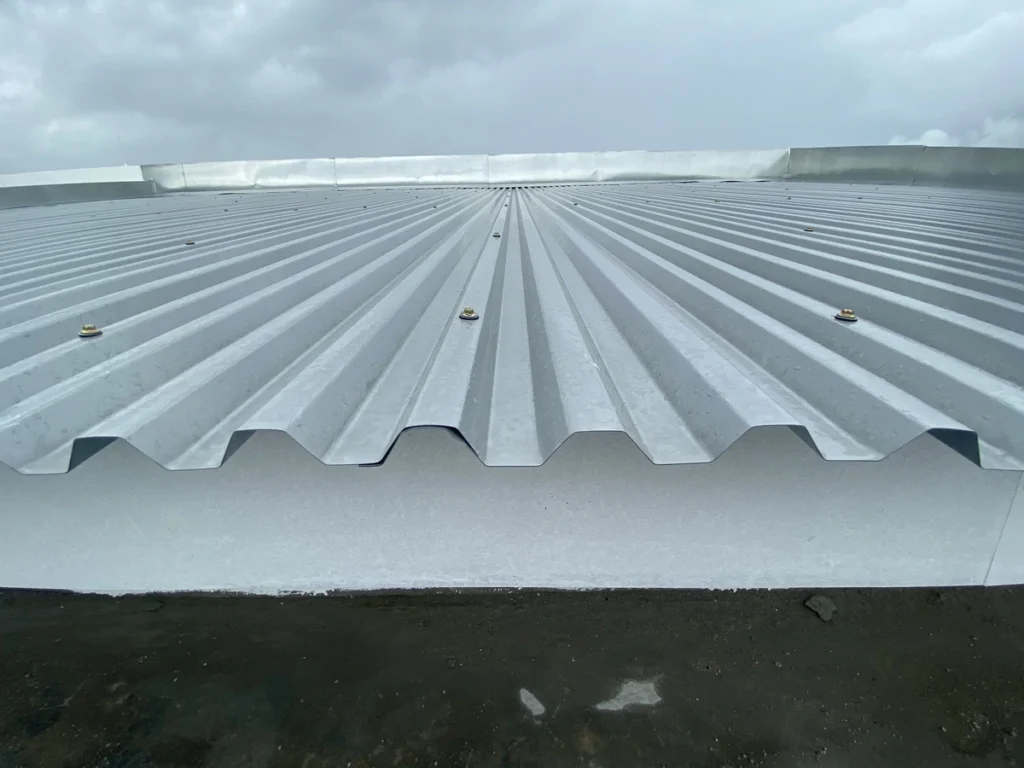
2. Corrugated Roofing
Corrugated roofing is a cost-effective and durable option commonly used for sheds, barns, carports, and agricultural buildings. Its signature wavy design—alternating ridges and grooves—not only gives it a unique appearance but also enhances its structural strength.
What Is It Made From?
Corrugated panels are typically made from:
- Galvanized steel – known for durability and rust resistance.
- Polycarbonate – a translucent, lightweight option ideal for greenhouses.
- Asphalt-fiberglass composites – less common, but useful for DIY structures.
Pros:
- Lightweight and easy to install, especially for DIY projects.
- Budget-friendly for covering large areas quickly.
- Can be installed over existing shingles, saving time and demolition costs.
- Highly weather-resistant, especially in steel form.
Cons:
- Not ideal for residential homes due to its industrial look.
- Noisy during rain or hail, unless properly insulated.
- Lower insulation value, which may not be suitable for year-round structures.
Best Uses:
- Sheds and detached garages
- Agricultural structures
- Pergolas and greenhouses
- Workshops or tiny homes (with added insulation)
Cost:
Typically ranges from $1.50 to $5 per square foot, depending on material.
Pro Tip: If you’re roofing a shed or outbuilding and need something affordable and quick to install, corrugated metal is hard to beat. For year-round spaces, consider pairing it with rigid foam insulation to reduce noise and improve energy efficiency.

3. Metal Roofing
Metal roofing is a broad category encompassing everything from standing seam panels to metal shingles that mimic traditional roofing materials. Known for its durability and sleek modern look, metal roofing has a long-standing history in residential, agricultural, and commercial construction. It includes factory-formed panels as well as those cut and shaped on-site for custom applications.
Metal roofs are ideal for straight or gently sloped surfaces but may not be suitable for highly complex or curved rooflines. One major advantage is that many metal roofing systems can be installed directly over an existing shingle roof, reducing labor costs and waste.
Pro Insight: You can roof over one layer of asphalt shingles with metal, which is generally called a “roof over”. However, that is the only kind of roof over we would recommend.
Pros:
- Longevity: Lasts 40 to 70 years.
- Eco-Friendly: Often made from recycled materials and 100% recyclable.
- Energy Efficient: Reflects solar radiant heat, reducing cooling costs.
- Lightweight: Puts less strain on structural components.
Cons:
- Cost: Higher upfront investment.
- Noise: Can be noisy during rain unless properly insulated.
- Denting: Vulnerable to large hail or falling branches.
Cost:
$8 to $16 per square foot installed.
Best For:
Homes in areas with extreme weather conditions (snow, fire, wind) or homeowners seeking long-term performance.
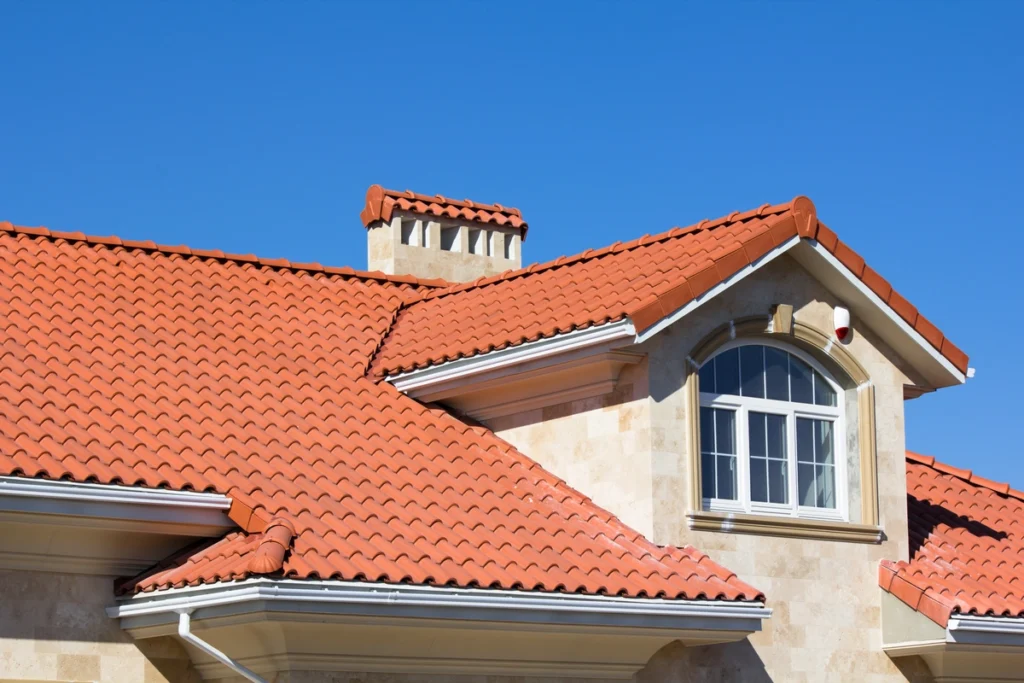
4. Clay and Concrete Tile
Clay and concrete tiles offer unmatched durability and a distinctive aesthetic that suits Mediterranean, Spanish, or Southwestern-style homes.
Pros:
- Long-Lasting: Can exceed 100 years with proper maintenance.
- Excellent Insulation: Helps regulate indoor temperature.
- Weather-Resistant: Withstands extreme heat and salty air.
Cons:
- Weight: Very heavy; may require additional structural support.
- Cost: Higher installation cost.
- Brittle: Can crack under impact.
Cost:
$10 to $20 per square foot installed.
Best For:
Homes in hot, dry climates or regions prone to salty air, such as coastal areas.

5. Synthetic Roofing (Rubber, Plastic, Polymer)
Synthetic types of roofing materials are engineered to mimic the look of wood, slate, or tile while offering better durability and easier maintenance. These green alternatives to slate and asphalt shingles made from recycled materials-are 100% recyclable.
Pros:
- Lightweight: Easier to install on most structures.
- Durable: Resistant to impact, UV rays, and harsh weather.
- Aesthetic Flexibility: Replicates high-end materials at lower cost.
Cons:
- Newer Technology: Less long-term data on performance.
- Color Fading: Some materials may discolor over time.
Cost:
$7 to $12 per square foot installed.
Best For:
Homeowners who want the upscale look of slate or wood with fewer maintenance issues and lower costs. Also great for commercial flat roofing options.

6. Wood Shingles and Shakes
Wood shingles and shakes bring a rustic, natural appearance to homes. Shakes are hand-split and rougher, while shingles are machine-cut and smoother.
Pros:
- Natural Beauty: Rich textures and colors.
- Insulation: Wood is a natural insulator.
- Eco-Friendly: Can be sourced sustainably (e.g., FSC-certified cedar).
Cons:
- Maintenance: Requires regular treatment to prevent mold, rot, and pests.
- Flammable: Needs fire-resistant treatment, not ideal for wildfire-prone areas.
- Weather Sensitivity: Vulnerable to high humidity and moisture.
Cost:
$6 to $10 per square foot installed.
Best For:
Rustic or cottage-style homes in drier climates.
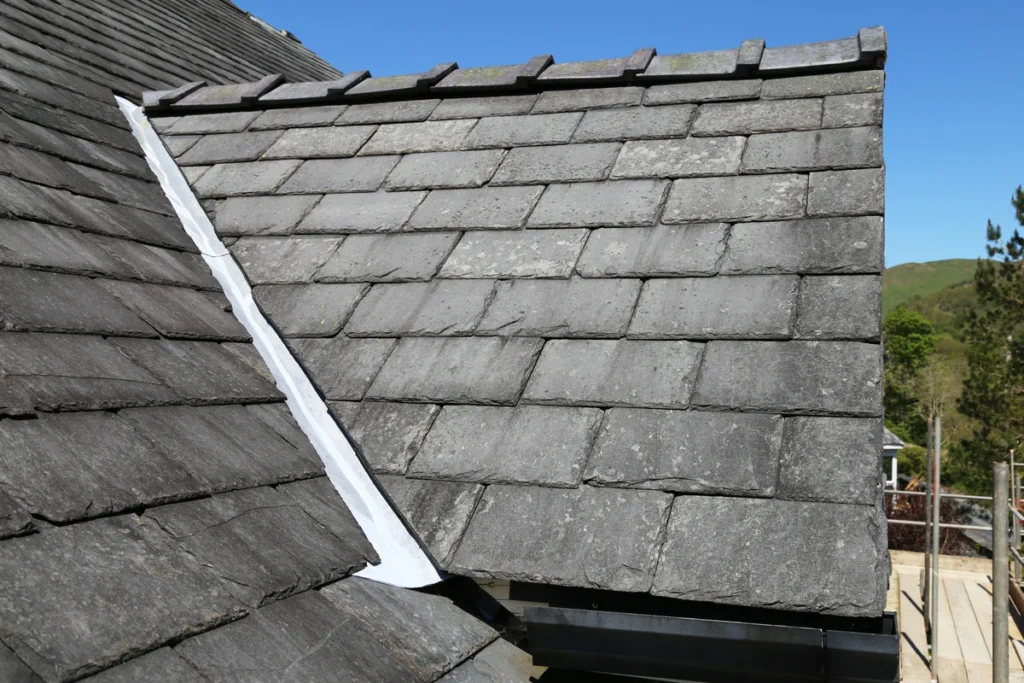
7. Slate Roofing
Slate is a natural stone roofing material prized for its timeless beauty and longevity. It is often seen on historic or luxury homes.
Pros:
- Exceptional Durability: Lasts 75 to 150 years.
- Fireproof: Non-combustible material.
- Aesthetic Appeal: Natural stone provides a distinctive, upscale look.
Cons:
- Very Heavy: Requires reinforced roofing infrastructure.
- Expensive: One of the most costly materials.
- Installation Complexity: Must be installed by skilled professionals.
Cost:
$15 to $30 per square foot installed.
Best For:
High-end properties or historical homes where aesthetics and long lifespan are a priority.
8. Specialty Option: Vinyl Roofing Membranes (Duradek™)
Duradek™ is the original brand of waterproof vinyl deck membranes, introduced in 1974. The leader in the vinyl decking industry, the brand name ‘Duradek’ is often used synonymously for the term ‘vinyl decking’ or ‘PVC membrane.’ Duradek is manufactured in North America and is the most tested and performance-proven sheet vinyl on the market.
What Makes It Different?
Founded by two general contractors who recognized the waterproofing potential of marine vinyl on their fishing boat, Duradek became a game-changing solution for decks and flat roof structures. The product combines both waterproofing protection and a finished walking surface—eliminating the need for multiple layers.
Benefits:
- Dual-Purpose Functionality: Acts as both a waterproof roofing membrane and a finished walking surface.
- Code-Compliant: Meets building code requirements for use over habitable spaces.
- Safe & Slip-Resistant: Designed with built-in safety and UV protection.
- Low Maintenance: Mold- and mildew-resistant with excellent durability against weathering.
- Professionally Installed: Only installed by trained contractors to ensure warranty and performance.
Best For:
- Flat roof decks
- Balconies and patios
- Rooftop outdoor living areas
- Commercial and residential flat roof applications
Pro Tip: If you’re building or renovating a rooftop patio or walkable deck area, Duradek can save you both time and money by combining aesthetics and function into a single waterproof layer—without the need for additional surface coverings.
Expert Roofing Services from Badgerland Exteriors
At Badgerland Exteriors, we’ve installed and repaired every kind of roof imaginable throughout Wisconsin. Our team is committed to helping you choose the best material based on your needs, budget, and style. We provide:
- Roof repair & maintenance
- Roof replacement
- New roof installation
- Gutter & downspout installation
- Comprehensive roof inspections & detailed cost estimates
Homeowners looking for experienced craftsmanship and material-specific expertise can rely on trusted roofing services in Madison to handle everything from asphalt shingle installations to metal and specialty roofing systems.
We Can Work With All Types of Roofing Materials!
Badgerland Exteriors is a full-service roofing contractor, specializing in everything from new roof installations, roof repairs and maintenance to total roof replacements. It doesn’t matter what type of roofing system we are working with, we always ensure quality workmanship, excellent customer service and a long-lasting, durable roof over your head. Badgerland Exteriors offers dependable roofing services in Middleton to ensure each roofing type is installed correctly and built to last.
Our roofers work throughout the South Central Wisconsin area, including Baraboo, Madison, Sauk City, Prairie Du Sac, Verona, Cottage Grove, Middleton, Deforest, Cross Plains, Waunakee, and many parts of Wisconsin. Call us at 1-608-530-1148 today to schedule an appointment for a roofing estimate. Homeowners seeking durable, climate-appropriate solutions can trust professional roofing services in Sauk City for material recommendations and installation tailored to regional conditions.
Let’s Get Started
Fix Your Roof the Badger Way
Got a question? Want to learn more about your options when it comes to caring for your home exterior? Our team is standing by with the information you need to start you roof replacement project today!

